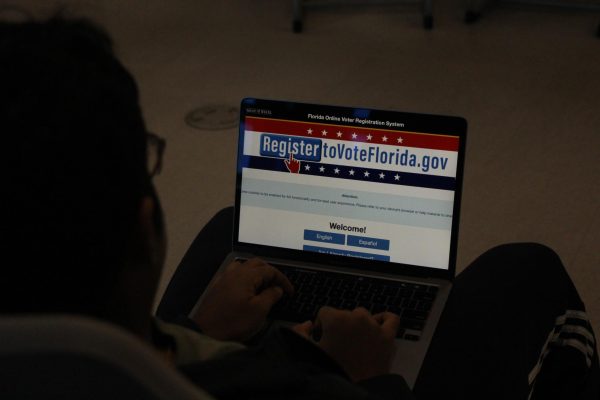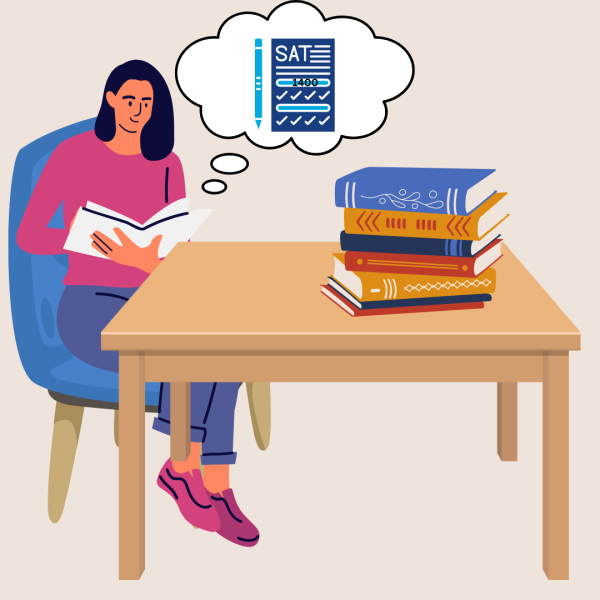One Chance, One Test, One Future
November 8, 2022
Editor’s Note: The following story was created as an entry for the FSPA District 4 Workshop On-The-Spot opinion column writing contest. It won third place.
There’s not a single person I know that doesn’t growl when they hear the words “SAT” or “ACT.” Seasonal depression hits me every year when standardized testing comes around. Even when I was in middle school, I had to take the “pre-SAT” or the “pre-ACT.” Hearing the words “standardized testing” shouldn’t be triggering to an individual and especially shouldn’t measure a person’s intelligence.
According to Prepscholar, “in the last five years, the number of ACT test takers has dropped, which has correlated with a slow decline in scores across the board. There was an especially large drop in both test takers and average scores for the class of 2021.”
Even though I’ve been taking classes for these subjects for the past 12 years, some people, like me, just aren’t good test-takers. Despite being a straight-A student since elementary school, these tests make me feel anxious and doubtful of my abilities. In addition, these tests are very fast-paced. The time restriction has been constructed to confuse test takers and prevents many students from finishing the test on time.
But the stress doesn’t just come on test day, parents also put an unbelievable amount of stress on their kids regarding their performance on standardized tests. For example, coming from a family with an Asian background, they expect me to get a 36 on the ACT and go into computer programming at MIT. As a junior in the IB program, I now have to worry about my performance on these tests on top of my heavy workload. There have been many sleepless nights where I question if I’ll even get into college with these scores. No teenager should have to endure this immense amount of stress.
Not to mention, by using standardized testing as a factor in the college-admission process, people are basically buying their way into college. This means students that are more privileged get an advantage, as they are able to retake the test as many times as they want. Although CollegeBoard and ACT provide waivers for those who qualify, it still isn’t fair since those that are more fortunate are still able to get tutors that cost thousands of dollars. At this point, standardized testing doesn’t gauge your intelligence, but instead, measures how much money you are feeding these companies.
Standardized testing isn’t an accurate reflection of an individual’s intelligence and shouldn’t measure my chances of getting into a good college. It’s ridiculous that my future relies on a three-hour test. The amount of pressure that these standardized tests put students under is both unfair and unhealthy.




















